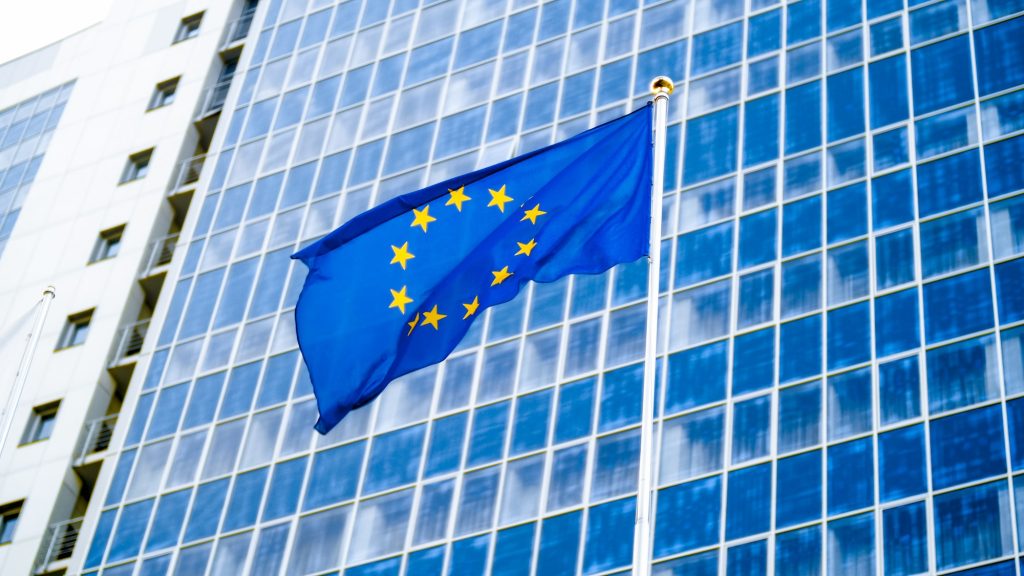EU exchanges de-coupling for de-risking approach to relations with China
The EU prepares to de-risk its relations with China in order to reduce its vulnerabilities to and dependencies on the country.

In light of the interconnectedness of supply chains globally, the European Union decided that softening relations with the second-largest global economy, China is in the best interest of the bloc. The 27 leaders at a summit in Brussels decided to adopt a de-risking strategy instead of the previously practised strategy of de-coupling.
The EU believes that the supply chains for chemicals used in electric vehicle batteries, semiconductors, and other essential products are particularly at risk if ties with Beijing are severed. The EU has adopted a formal policy position stating that it will continue to decrease critical dependencies and vulnerabilities, including diversifying and reducing risks in the supply chain when necessary and appropriate. It is important to note that the EU does not intend to disconnect or isolate itself from the global community. Diversifying their options, particularly concerning critical raw materials and technologies, can result in significant gains for Europe. In fact, the EU anticipates that a softer approach will lead to solutions to reduce the almost 400 billion euro trade deficit with China.
By contrast, the hardline approach the US has taken to relations with China, which now appears to be back peddling, has only made it difficult for the two countries to build solutions on several ongoing issues, including alleged data leaks involving the two countries.
